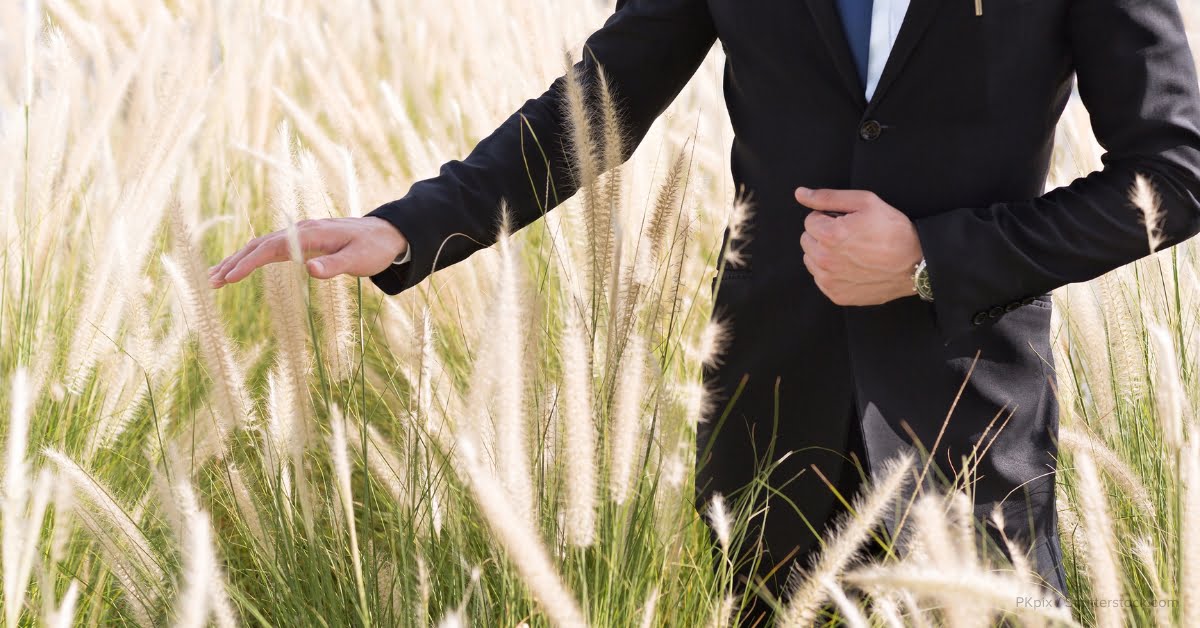
Published
September 27, 2023
Tags:
TBL advocates a more holistic business approach that strikes a balance between “profit, people, and planet.”
As we move toward a more sustainable business landscape, the Triple Bottom Line (TBL) concept has become a guiding principle for companies looking beyond monetary gains. TBL advocates a more holistic business approach that balances “profit, people, and planet.”
In particular, Business-to-business (B2B) enterprises are finding great value in adopting this framework. In this article, we’ll explore how the TBL can empower sustainable businesses in the Philippines, helping them succeed in their industries while making a positive impact on society and the environment.
Profit, People, and Planet: What is TBL?

Before diving into the advantages of the TBL for B2B companies, it’s crucial to understand this game-changing approach. Traditionally, businesses have focused on the financial “bottom line” of profits. However, the TBL expands this narrow viewpoint by introducing two additional dimensions:
Profit
Of course, this conventional measure of financial success remains vital. However, the TBL urges B2B companies to consider how much they earn and how they earn it. The framework urges companies to adopt ethical, sustainable financial practices.
People
In the context of B2B, “people” extends beyond employees to encompass suppliers, partners, and the wider community. It calls for fair and equitable interactions with all stakeholders, such as proper compensation, workplace safety, unbiased hiring, and community engagement.
Planet
Environmental responsibility is a fundamental aspect of TBL. B2B companies must assess and reduce their ecological footprint. Eco-friendly businesses can adopt circular product design, renewable energy adoption, carbon footprint reduction, biodegradable packaging, and responsible supplier selection.
Advantages of balancing Profit, People, and Planet

B2B enterprises gain significantly from integrating the TBL framework into their operations. Here are the key advantages:
- Clients increasingly value partnerships with eco-friendly businesses and ethically responsible suppliers.
- Sustainable businesses in the Philippines can gain a competitive advantage as they demonstrate a long-term commitment to responsible business practices.
- By focusing on the fair treatment of their people, B2B companies can foster stronger relationships with suppliers and partners.
- TBL encourages sustainable practices, often translating into cost savings and resource efficiency.
Challenges of balancing Profit, People, and Planet

While the benefits of TBL adoption in the B2B sector are clear, challenges also exist:
- It can be challenging for sustainable businesses in the Philippines to maintain their practices throughout a complex supply chain.
- The transition to sustainable practices may involve initial costs, which companies must carefully weigh and balance.
- Developing accurate metrics to measure non-financial impacts, such as social and environmental performance, can be complex.
- Eco-friendly businesses may also find it hard to align values and instill a commitment to sustainability among their members.
Real-world examples of successful TBL implementation

To illustrate the practical application of the TBL framework in the B2B space, consider these real-world examples:
Unilever
This company has pledged to make 100% of its plastic packaging reusable, recyclable, or compostable by 2025. In a statement released in 2018, Unilever shared three ways they plan to do this: eliminate unnecessary plastic packaging and move from single-use to reusable packaging; develop a system for collecting used plastic to be recycled; and invest in creating grassroots systems that support South and Southeast Asia.
IKEA
Shifting its approach to prioritize investments that align with the “planet and people positive” goals, this company has reinvested profits into initiatives like waste material recycling, increased research and development for sustainable materials, and investments in renewable energy. It has also implemented international labor standards, including IWAY standard 6, across its supply chain to promote a people-centric approach.
Start your journey to ‘Profit, People, and Planet’ with Oikos.

We live in an era where responsible business practices are not just applauded but expected, and sustainable businesses in the Philippines and overseas have a unique opportunity to lead the charge. The Triple Bottom Line framework provides a practical roadmap for B2B enterprises to balance profit, people, and the planet.
For those ready to take a significant step towards sustainability, consider Oikos Sustainable Solutions. Oikos is the first and only brand in the Philippines to receive an Environmental Technology Verification (ETV) from the Department of Science and Technology for our cassava starch and corn bags. These innovative corn and cassava bags are plastic-free, biodegradable, and compostable and a practical choice for businesses committed to a sustainable future.
Choosing Oikos products is a responsible and strategic choice for your business to thrive in the 21st century while positively impacting our environment. Browse our product line today!
Facebook
Linkedin
Twitter
Pinterest
